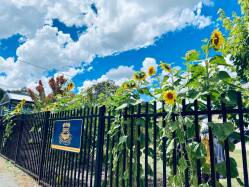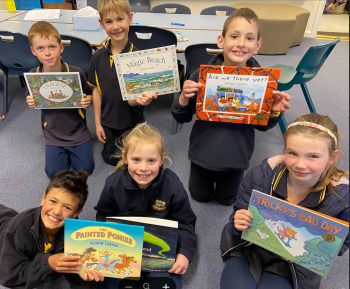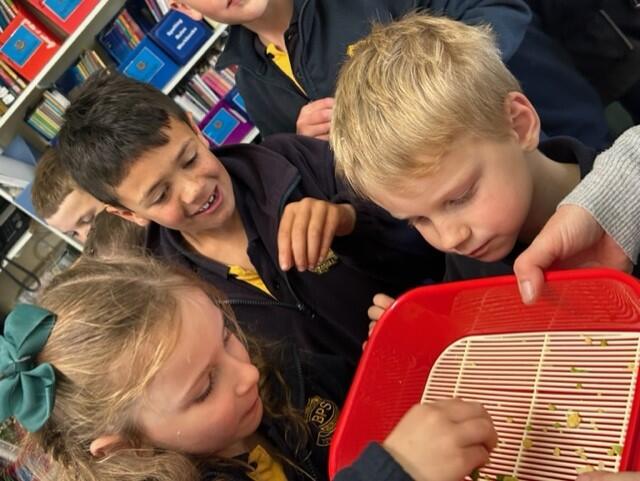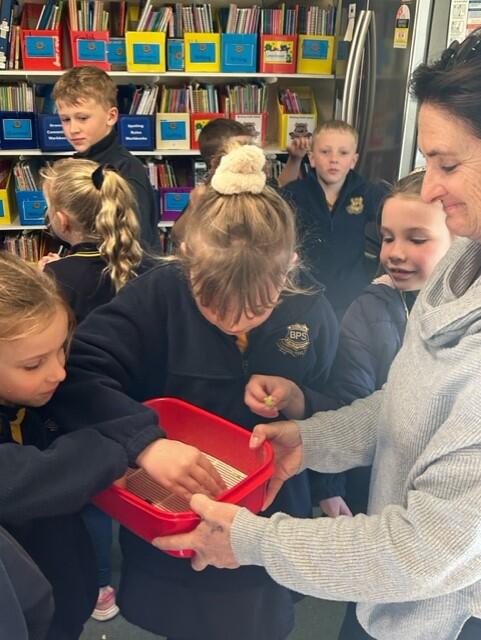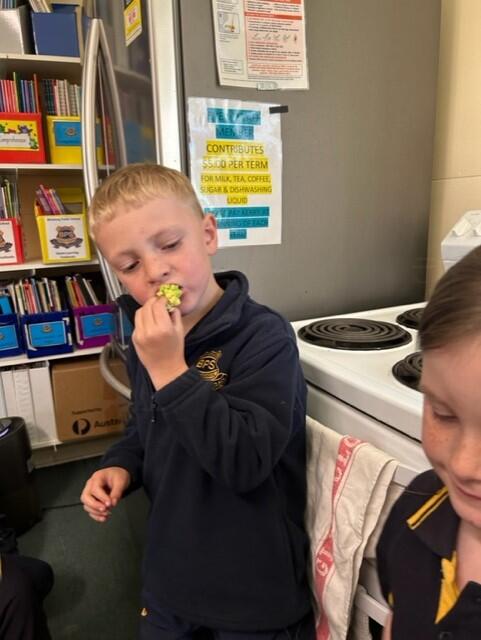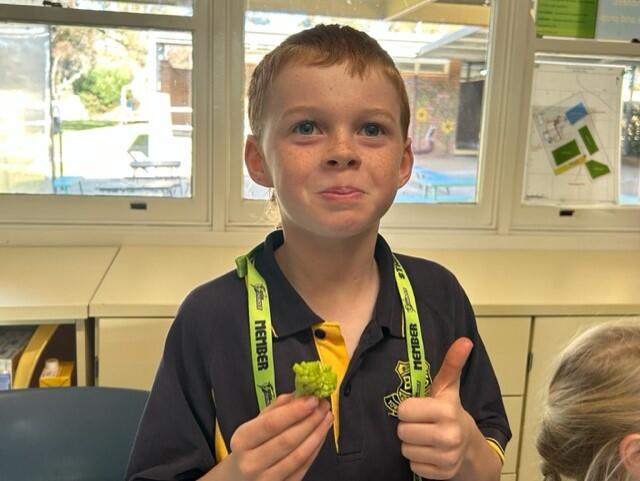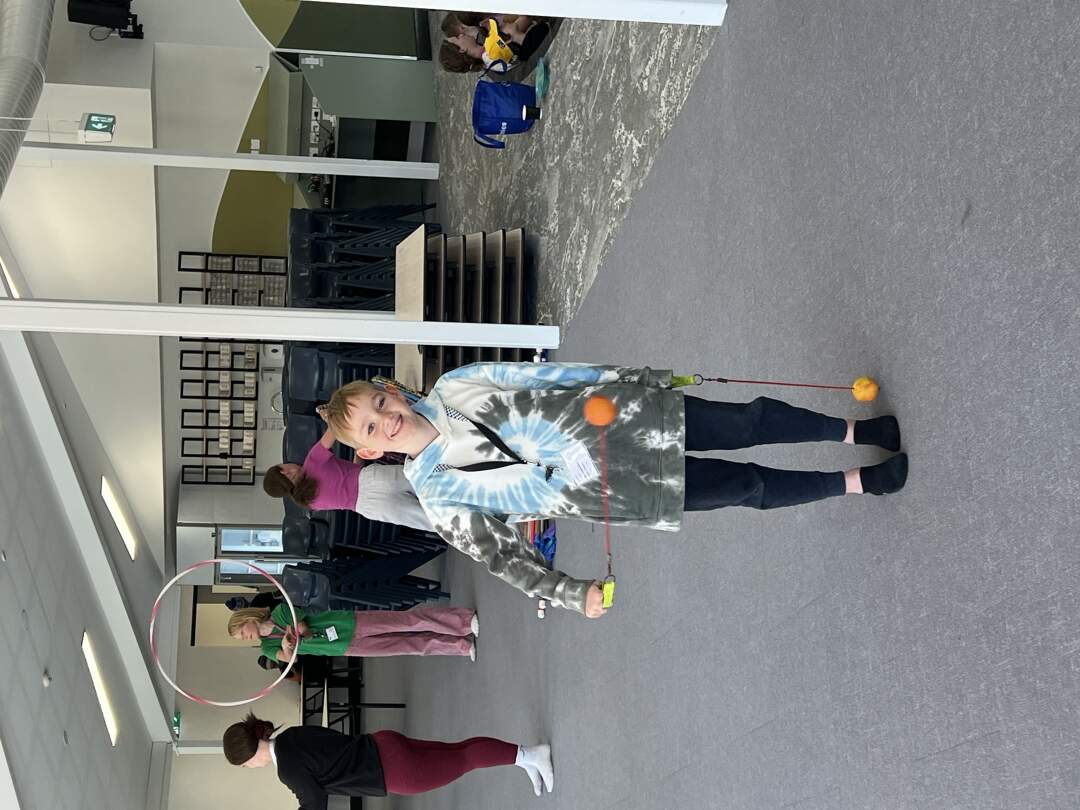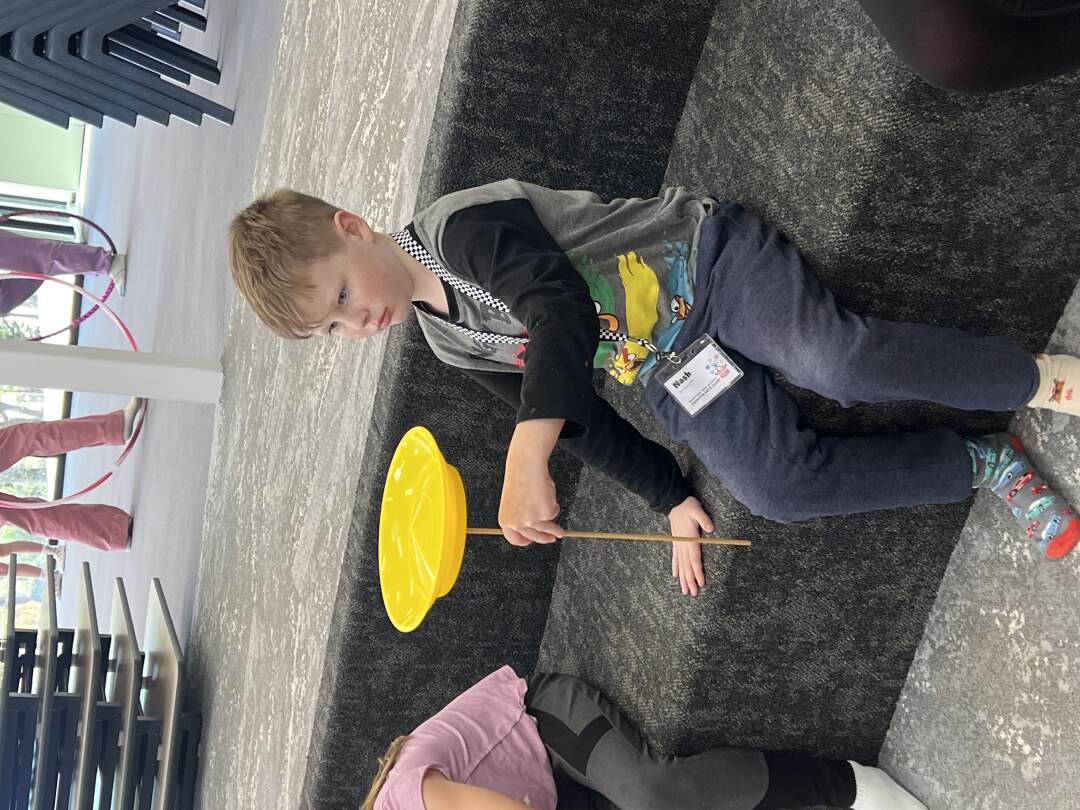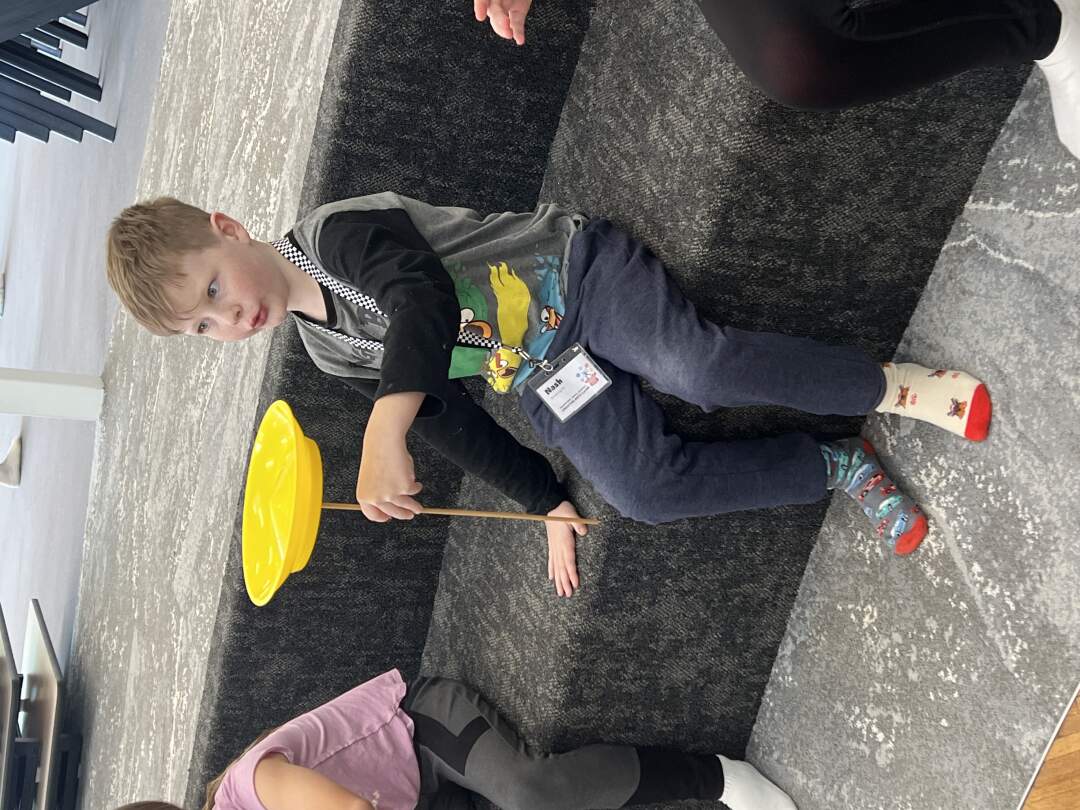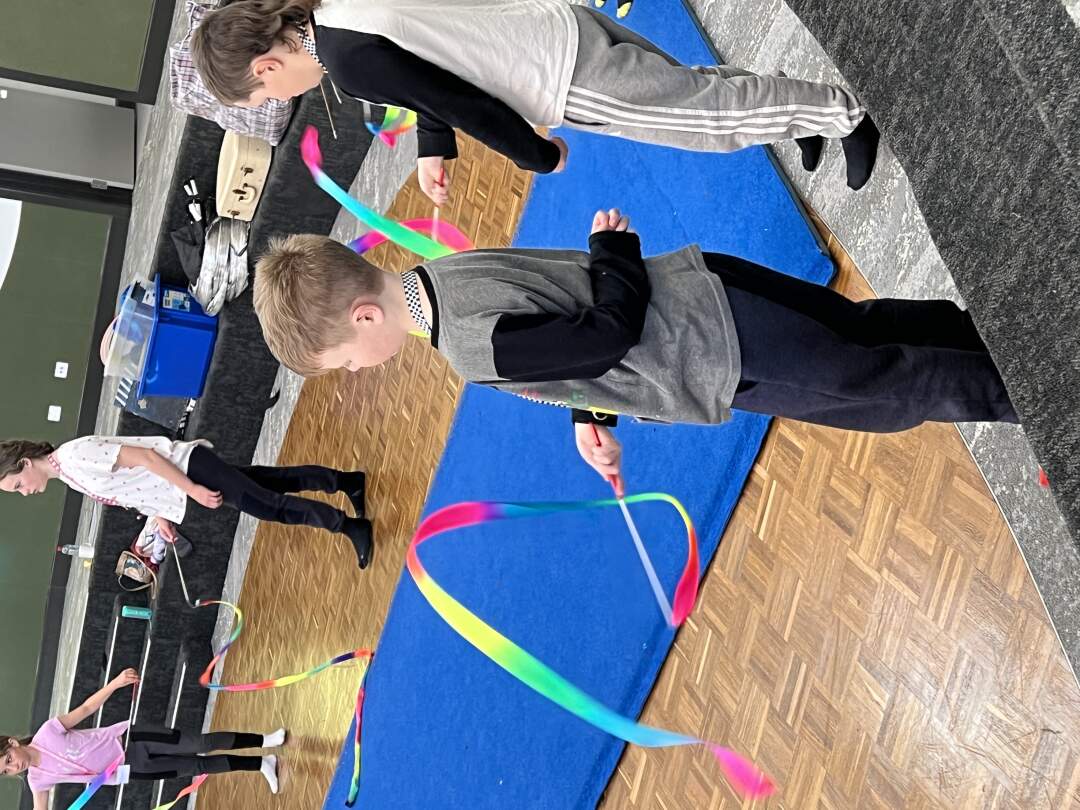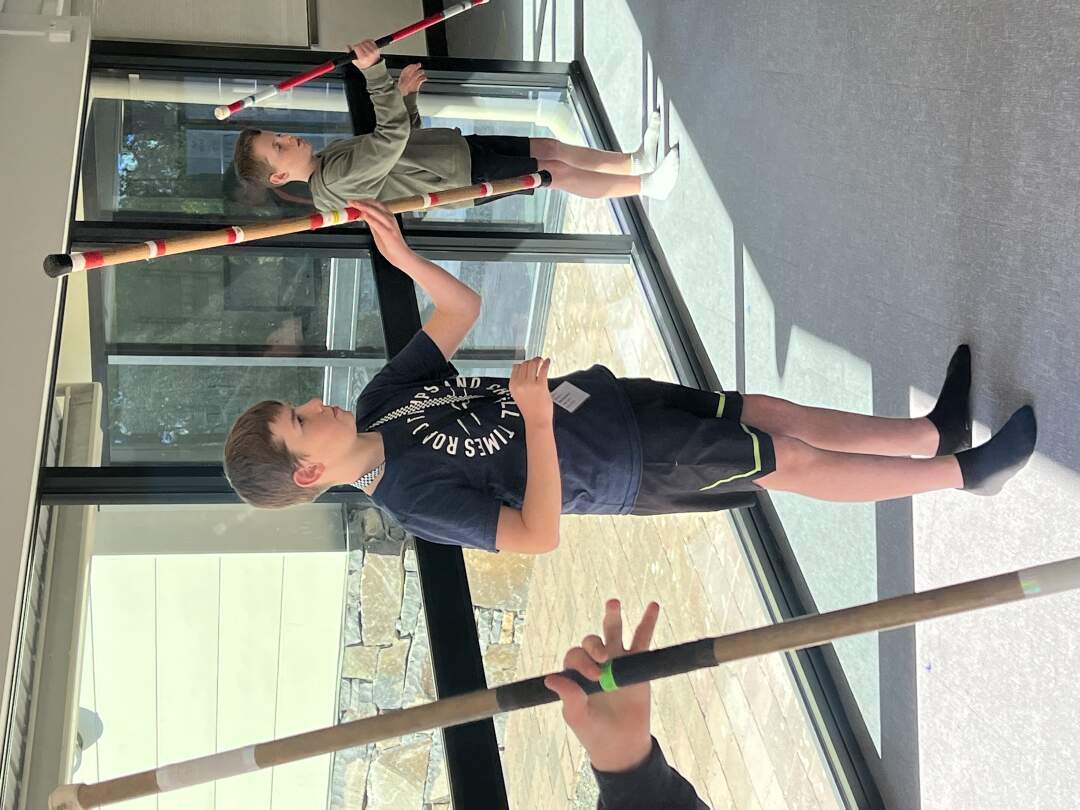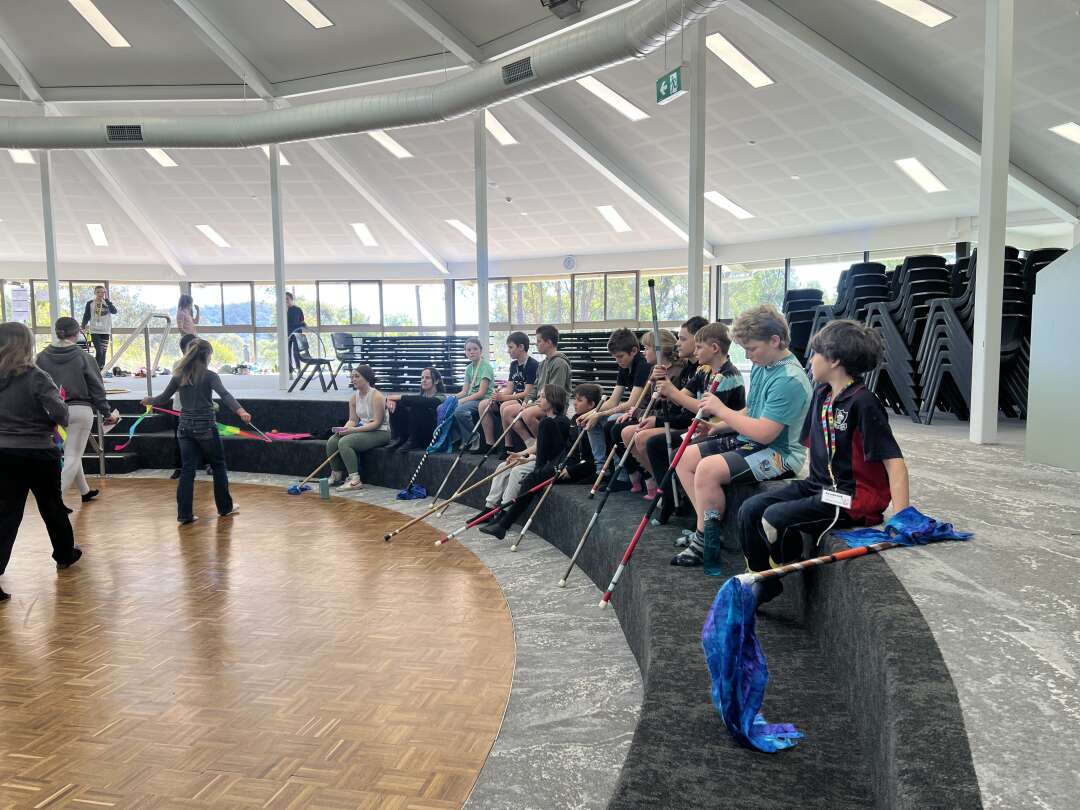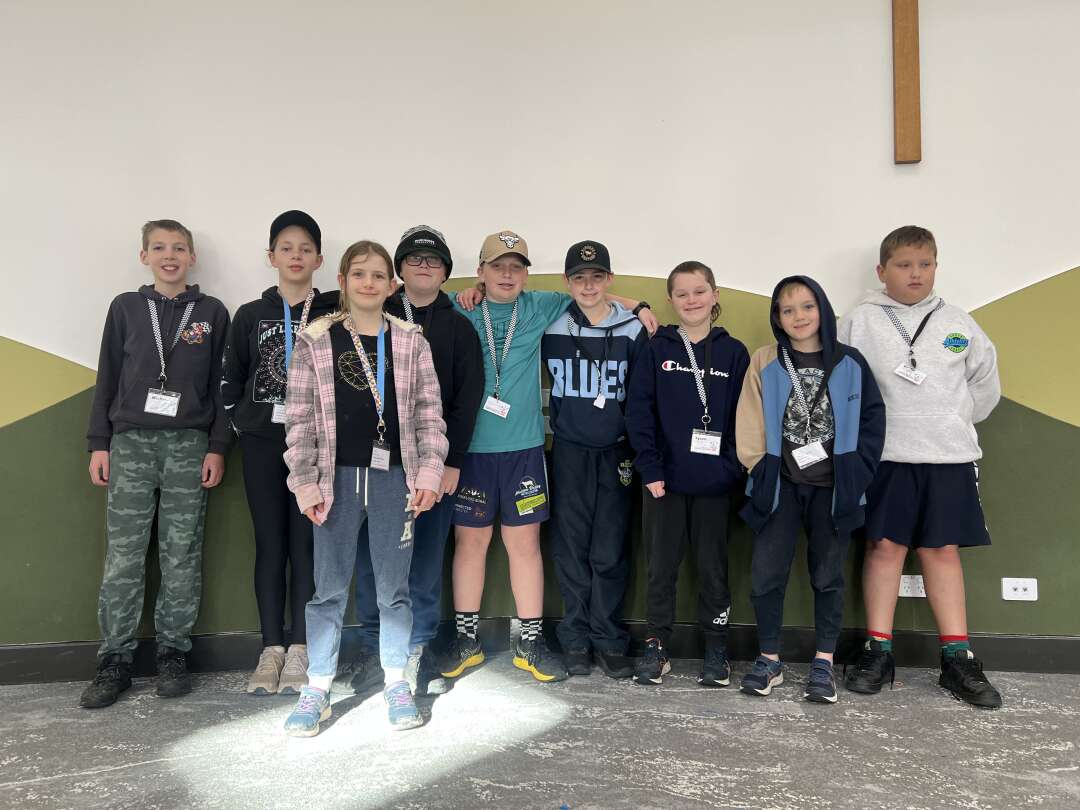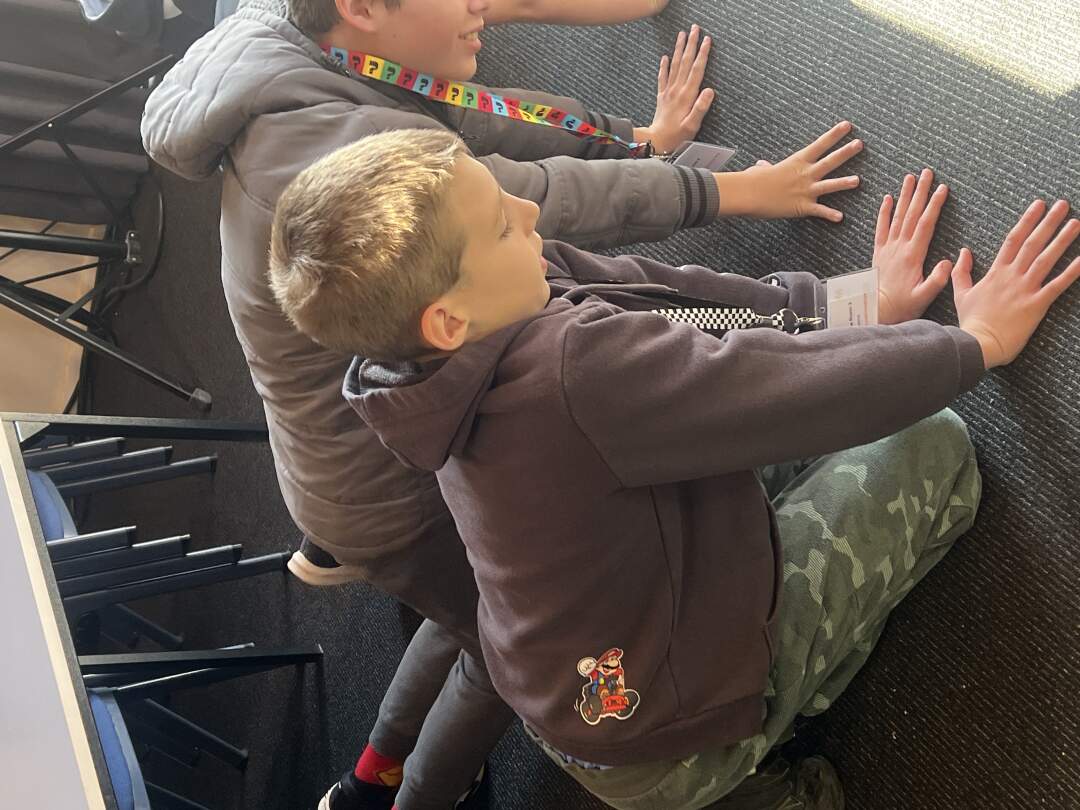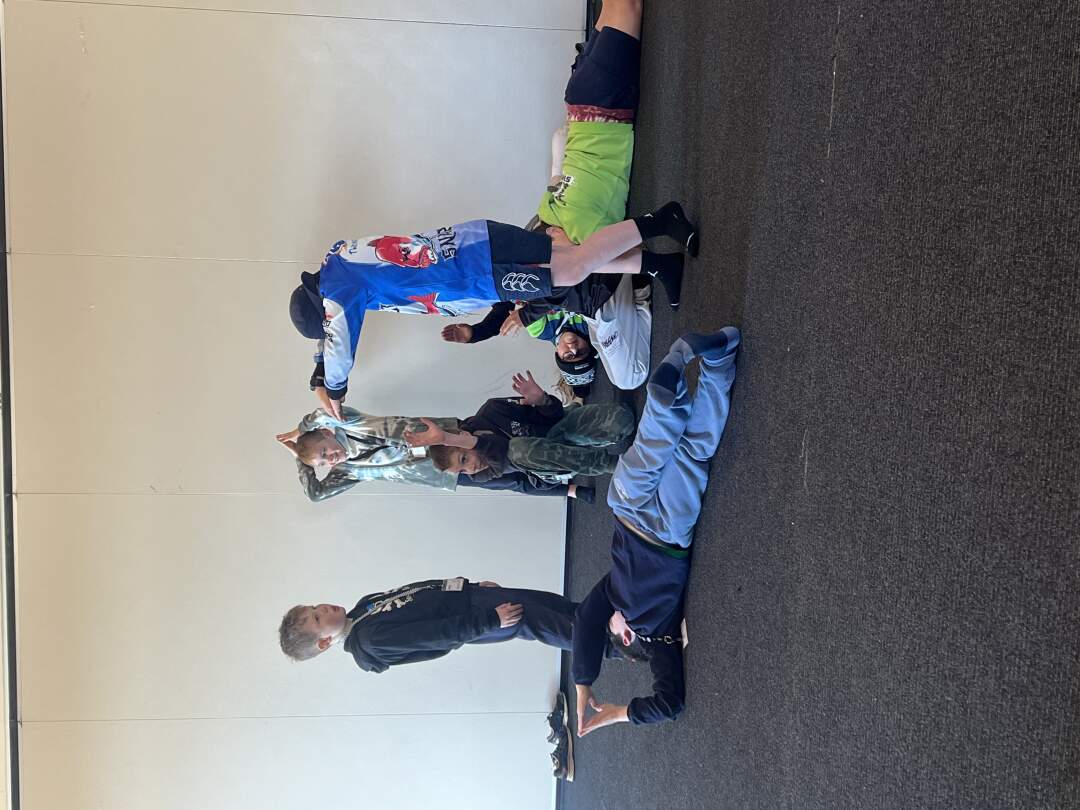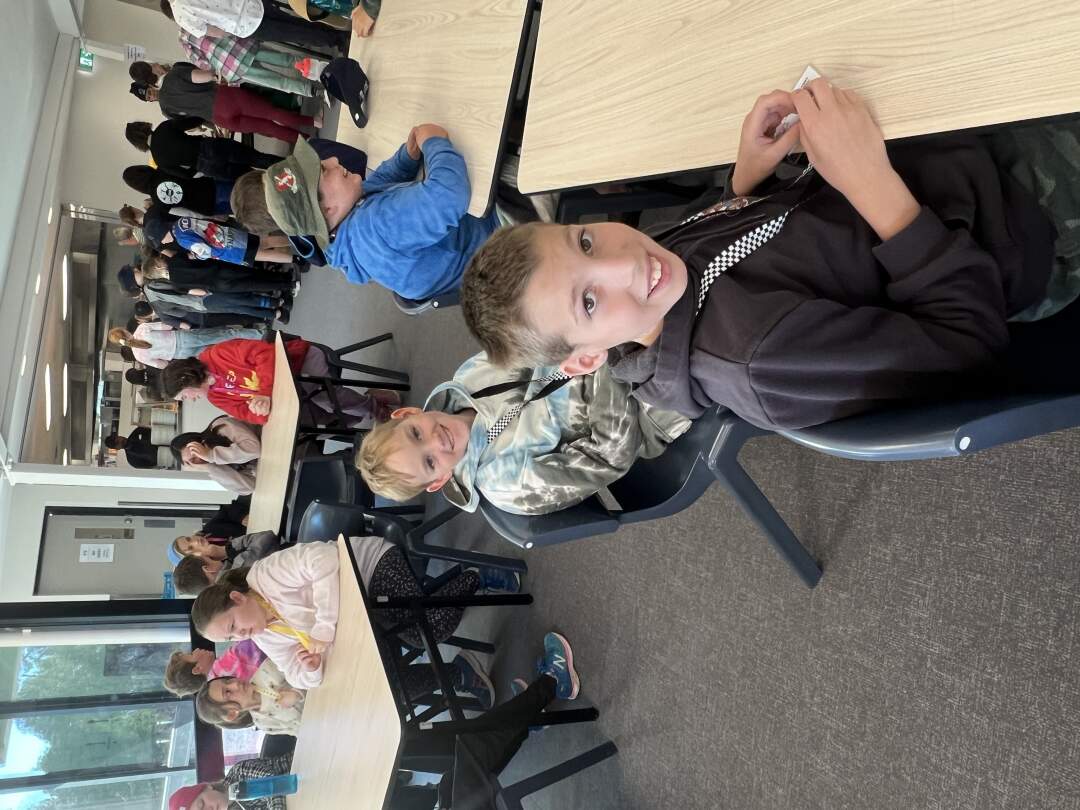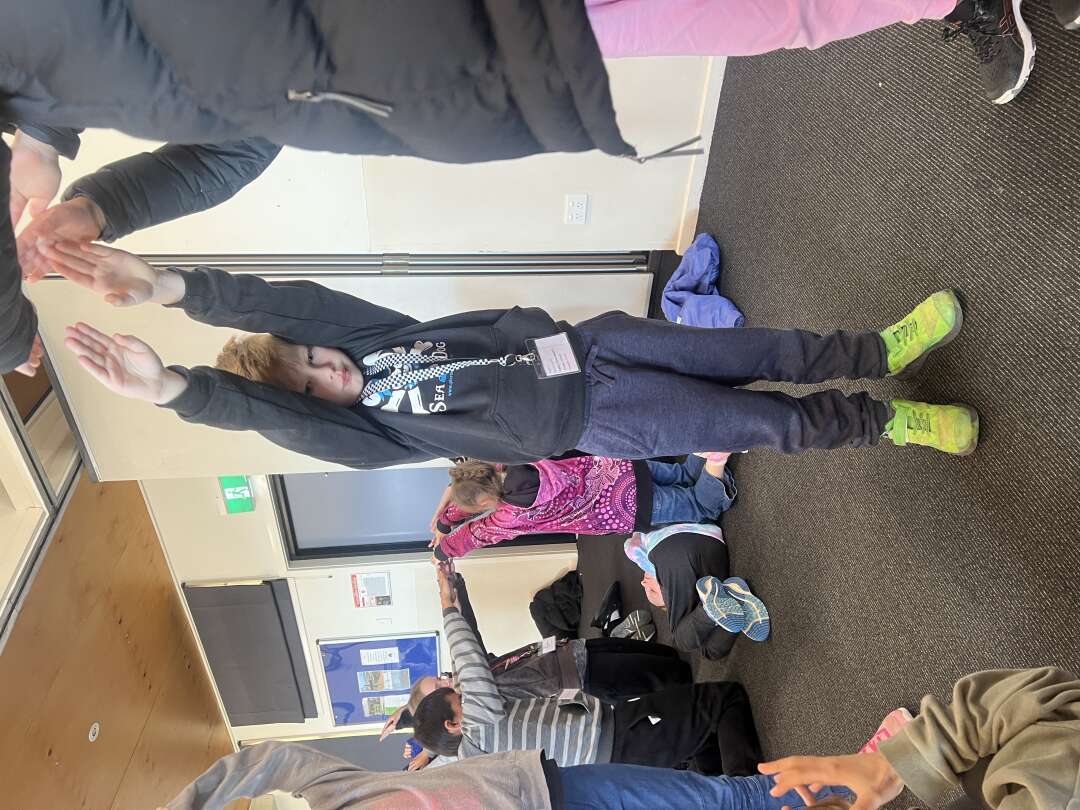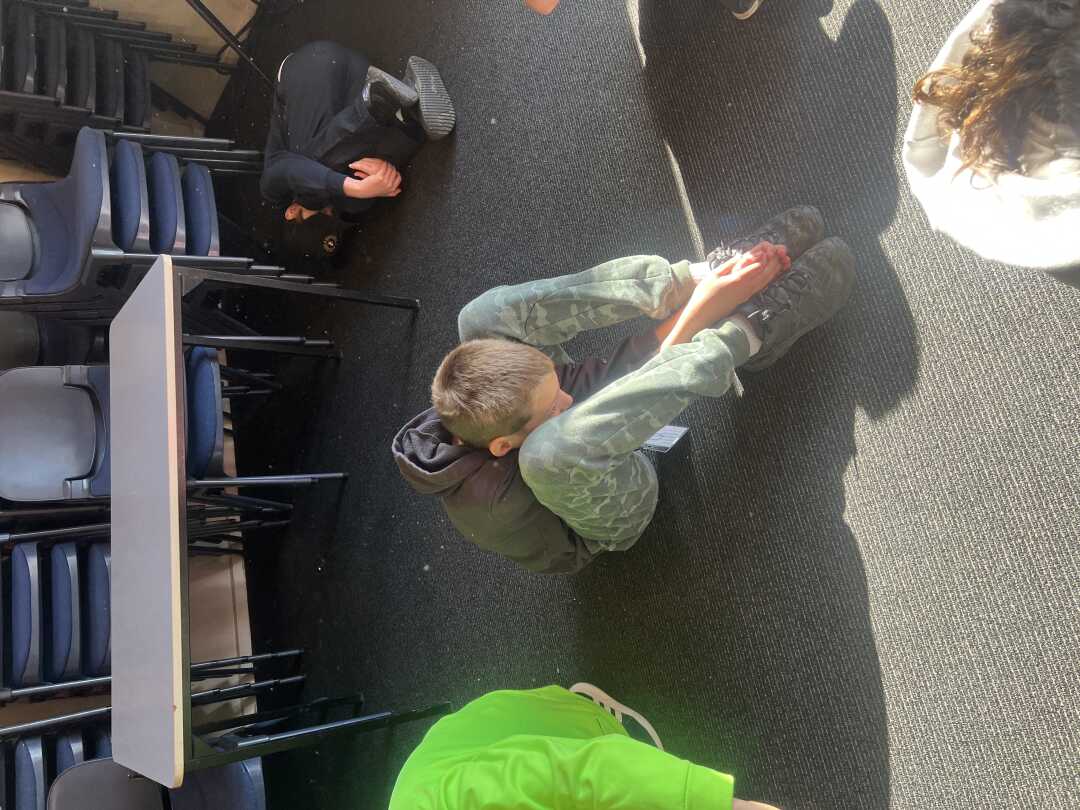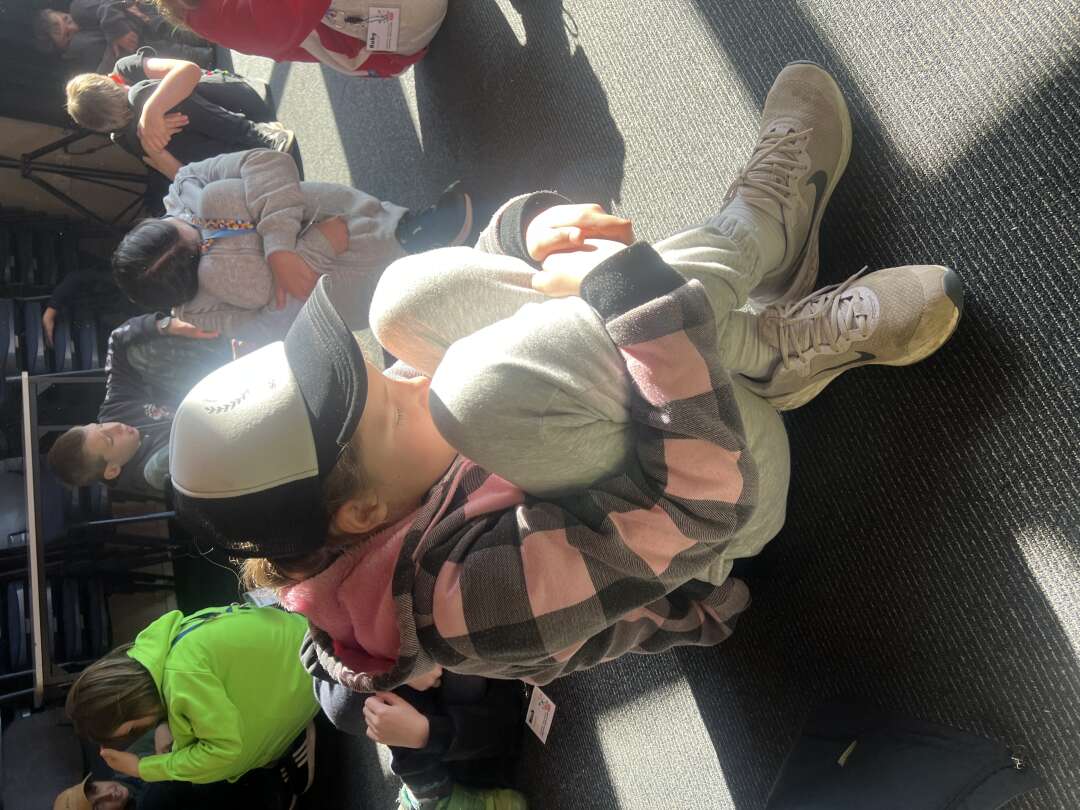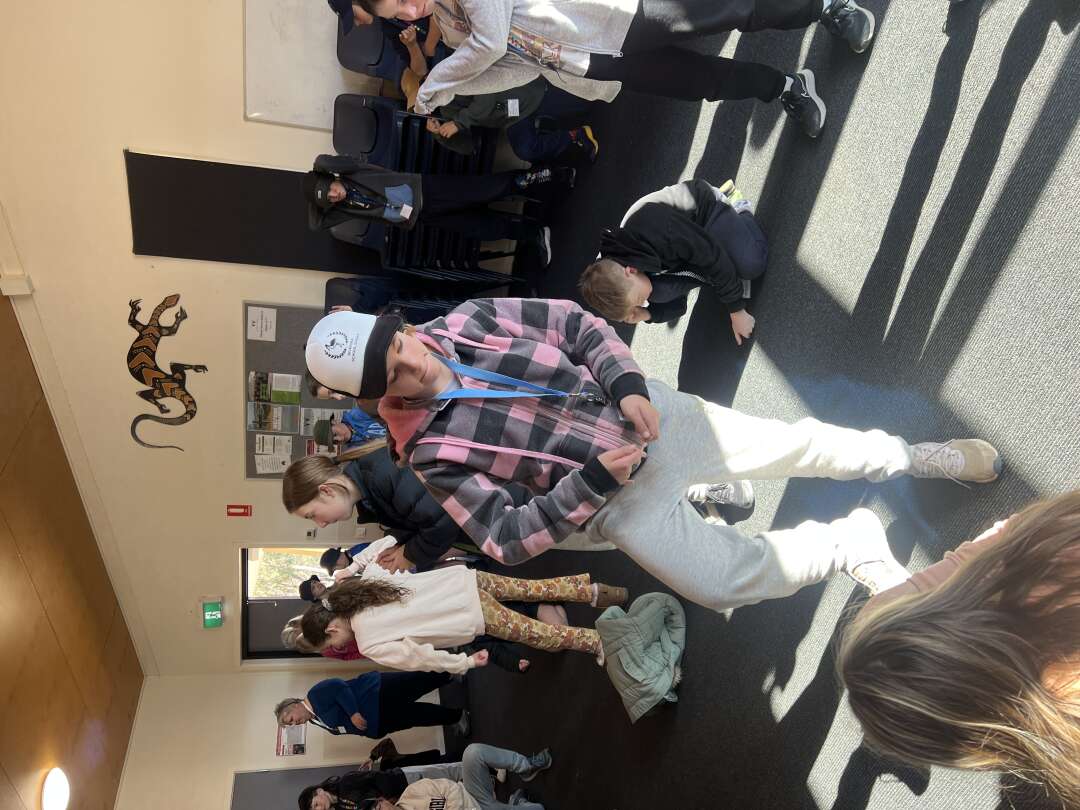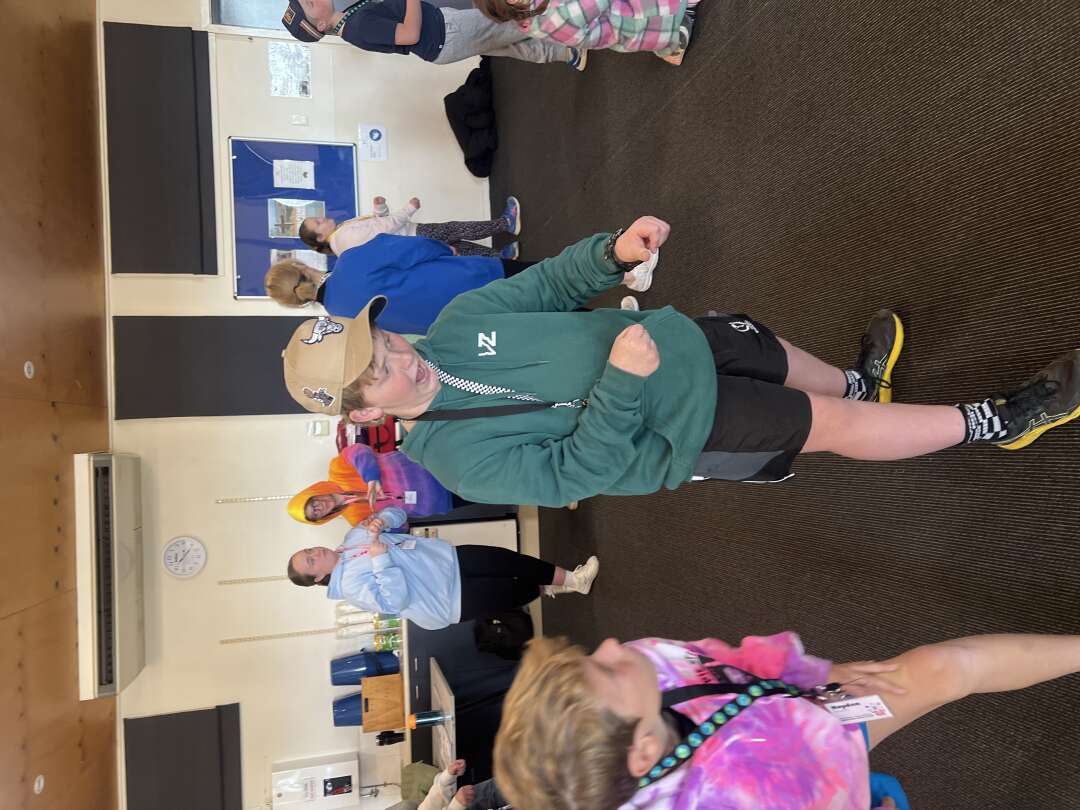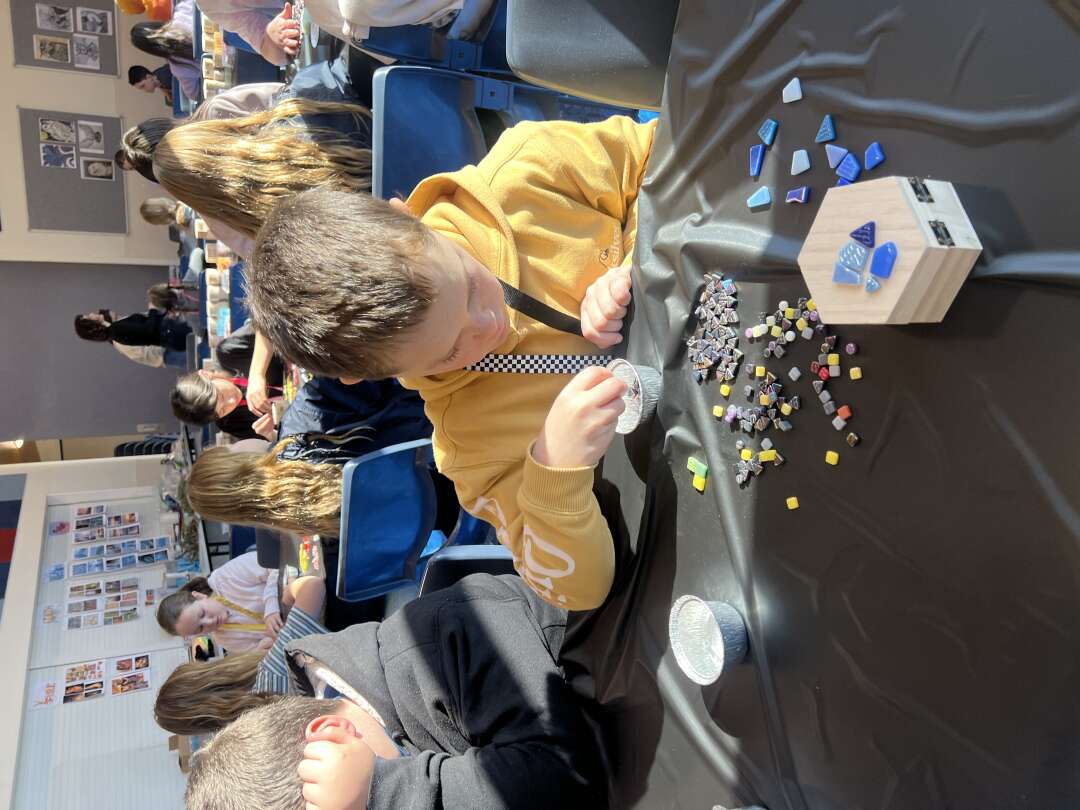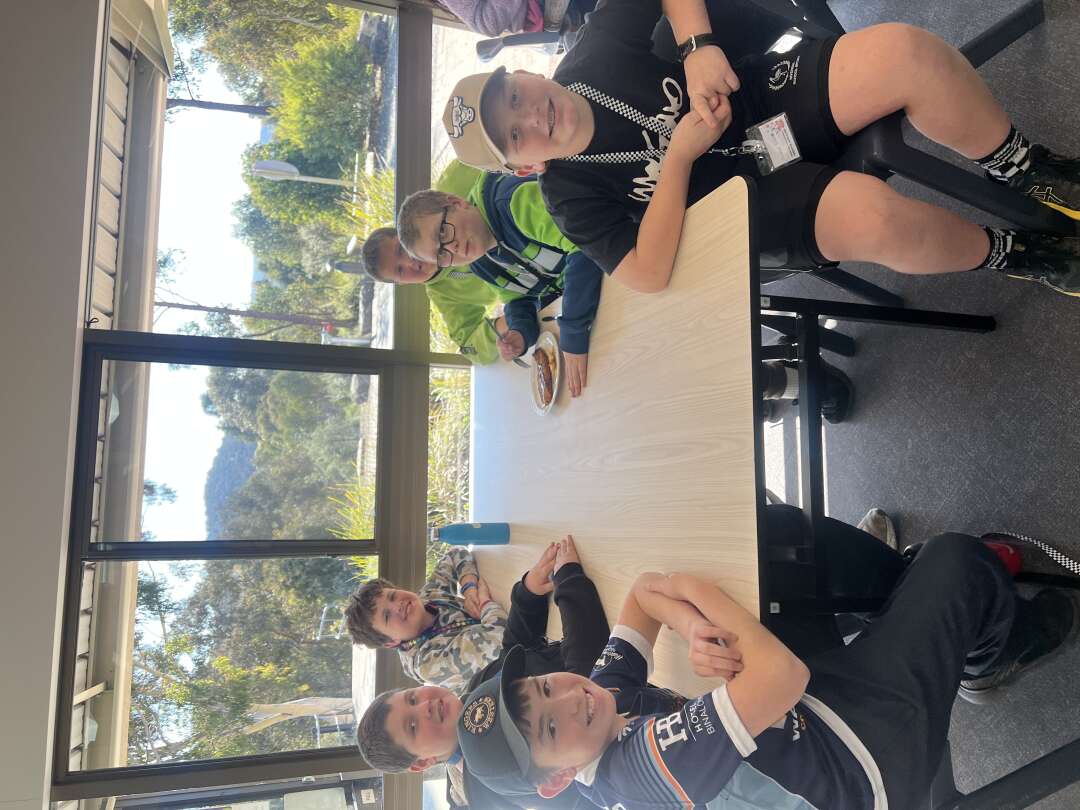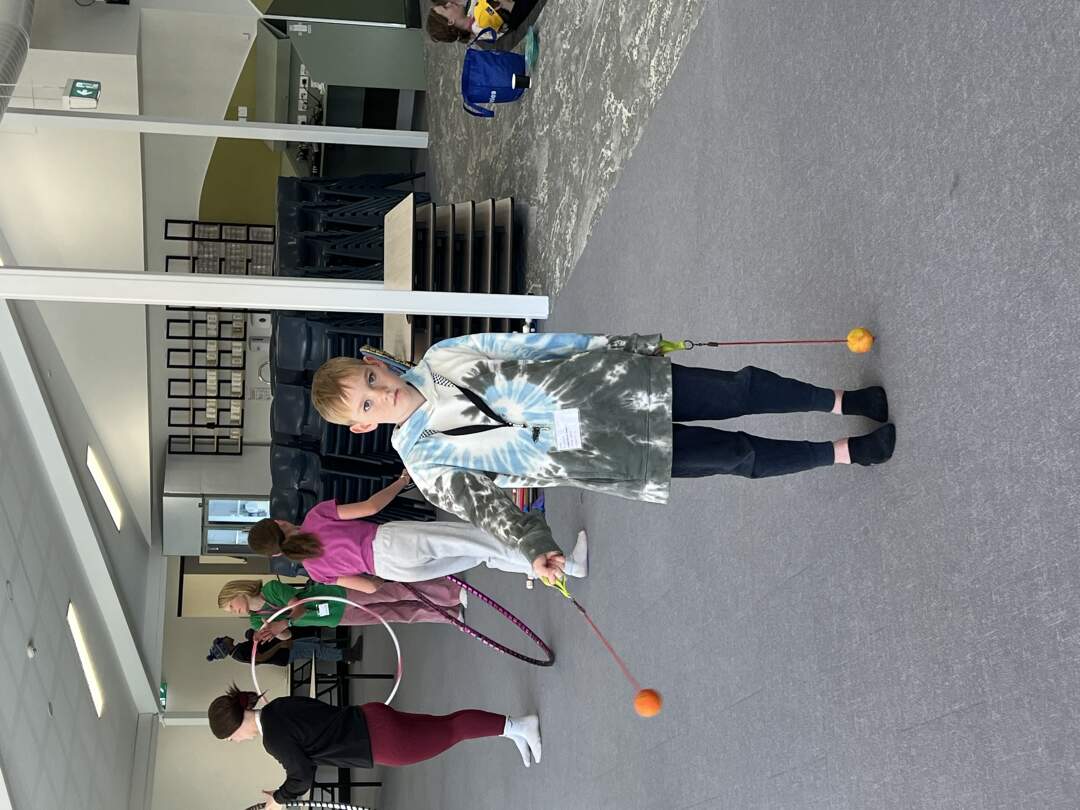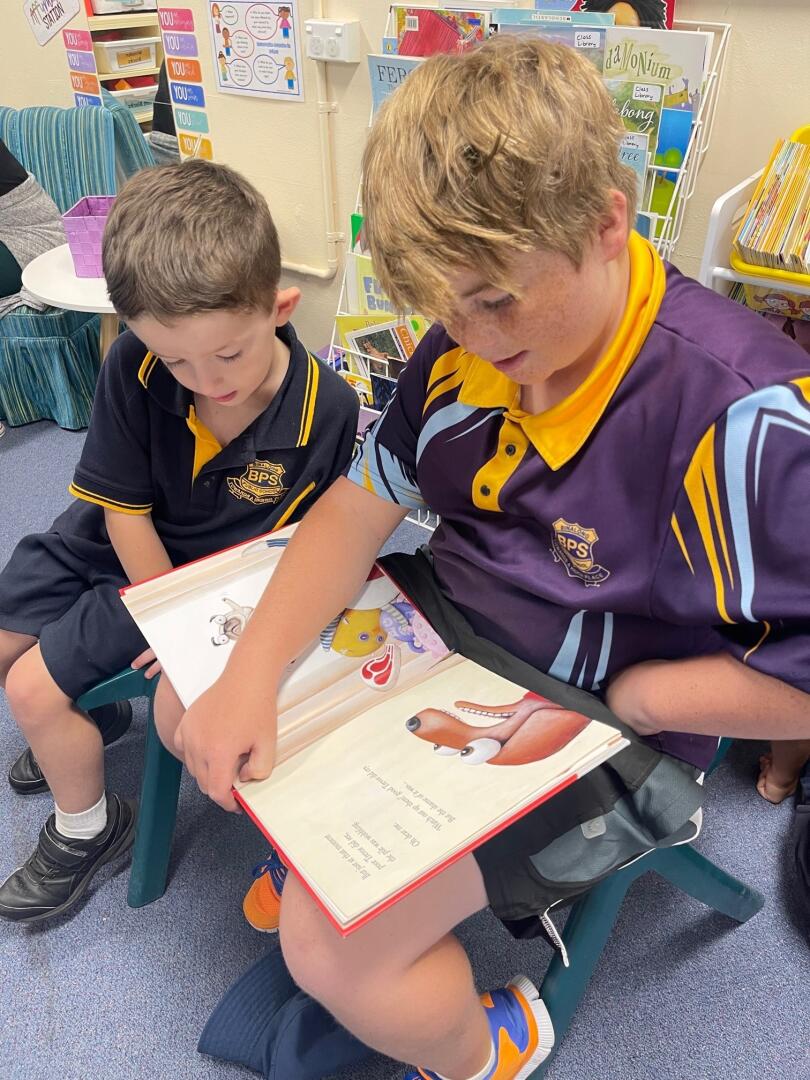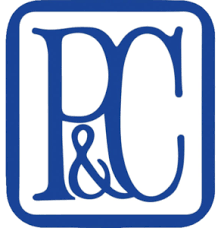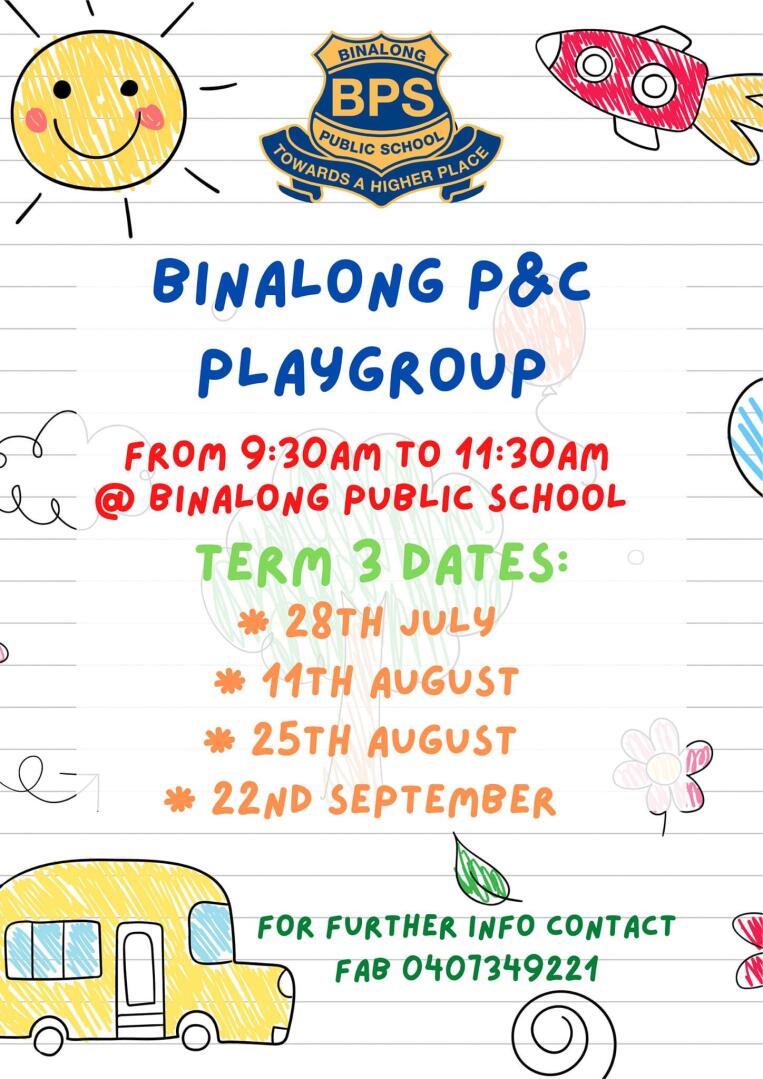We've had a great start to Term 3 with students enjoying challenging themselves in their learning, while teachers have been continuing to develop their own learning with a focus on the new English and mathematics syllabus'. There has been a lot of illness circulating within our school community and we thank you for supporting department and school policy and procedures by making contact with the school when your child is absent. We have included some further attendance information within the newsletter for you to read. Please make contact if you would like any further support with attendance.
Tracy Ranie
The APCI is a leadership role is designed to work alongside Principals in providing high support to teachers in literacy and numeracy. In this exciting role, I work collaboratively with the leadership team in the implementation of the new English and mathematics syllabus.
I have spent time developing trust and forming positive relationships with the dedicated staff of Binalong Public School. I have assessed all students in all aspects of reading development and shared this data with staff. Together, we have used this data to develop plans of action, to provide learning goals and opportunities for individual students to improve. As a team, we have been involved in professional learning around the current research informing our new curriculum, in particular, learning about how children learn to read.
My role includes working alongside teachers in classrooms to enhance high quality teaching practices. As an APC&I I have demonstrated lessons, participated in team teaching and worked with small groups of students in focused literacy and numeracy tasks. My role is dedicated to ensuring our students have strong literacy and numeracy knowledge.
One of our first focus areas as a school team is the teaching of reading.
We are learning more about what research says about how children learn to read, how to make sure every student learns to read, and what to do when a child encounters difficulty in learning to read. The research that we're learning about, and implementing is called the Science of Reading.
Decades of research have determined that reading occurs in a specific way in the brain in all people. It does not occur naturally the way that speech does. The process must be taught. It is a process of building neuropathways in the brain that link sounds of speech to written symbols or letters. The strings of letters are attached to meaning, and then those letter strings with meaning' are stored in the brain's "letterbox" for later retrieval that is instantaneous and effortless. This process is called orthographic mapping and it is our goal to help our students build a giant 'letterbox' of instantly retrievable words. That translates into fluent reading and subsequent comprehension.
Guessing at words based on context does not aid in orthographic mapping, phonic decoding does.
What does reading instruction in our classes include?
Our structured reading and writing approach include:
· Phonological awareness and phonics skill screening on arrival
· Explicit teaching of phonological awareness and phonics
· Automaticity training in the recognition of irregular words/ high frequency words
· Guided practise to improve fluency
· Vocabulary development. Including structured morphology
· Explicit teaching of comprehension strategies
· Explicit teaching of comprehension questioning technique
Over the course of the term, I will be sharing further information with you through the newsletter.

